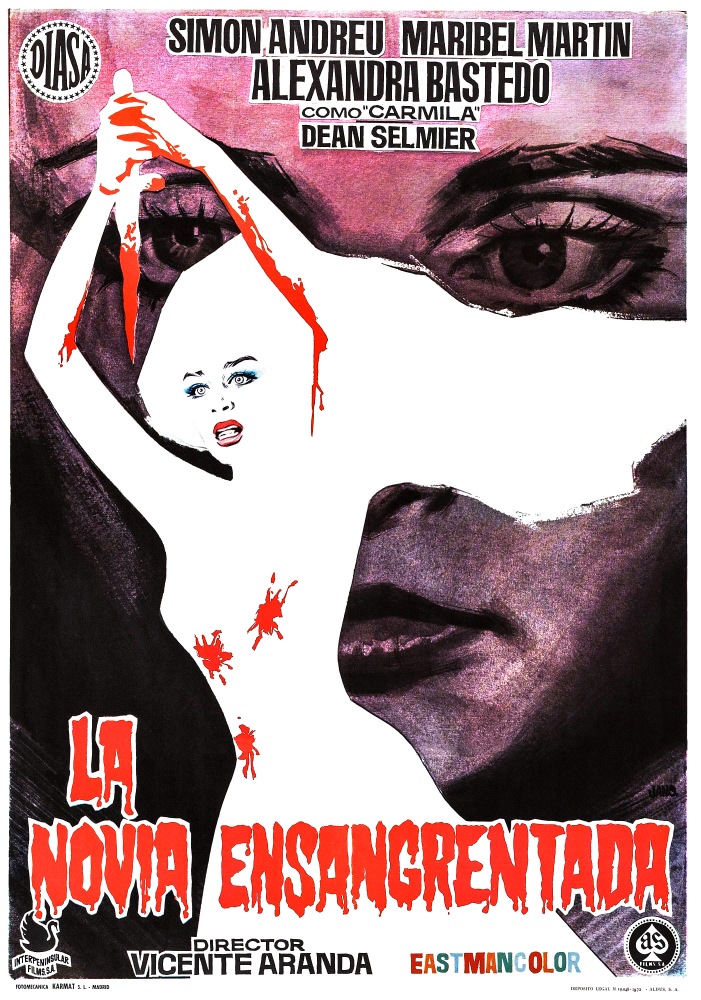


“But his combination of torment and playfulness his intense awareness of literary tradition his bizarre rhymes his ability to respond with verbal extremes to absolutely anything his way with a character who is himself and not himself his humor - these aspects of the ‘Dream Songs’ in particular made him a great resource for American poets of the 1990s and afterwards … He’s a resource still.” “He was eclipsed during the 1980s because he’s so individual, and so unreliable as a commentator on anything except for his own inner life,” said Burt. Those poems live on today, according to poet and Professor of English Stephen Burt. He was also an alcoholic, a manic-depressive, and an adulterer whose odd, tragic, and droll poems engaged with his demons. He was, without a doubt, a rabble-rouser. He’d been fired from the Iowa Writers’ Workshop for a fight with his landlord that led to his arrest.

At Harvard he was the Briggs-Copeland Lecturer on English and published his first volume, “Poems” (1942).īerryman was teaching at the University of Minnesota at the time of his death. In his Pulitzer Prize-winning “77 Dream Songs,” published in 1964, Berryman wrote:īerryman took a new last name when his mother remarried, and the family moved again, this time to New York, where he studied at Columbia, graduating in 1936. When Berryman was 12, his father shot himself, and his death, and the subject of death, infuses the poems. in 1914 in McAlester, Okla., he relocated to Tampa, Fla., with his father John, a banker, and mother Martha, a teacher. Suicide haunted Berryman from the get-go. This month his longtime publisher, Farrar, Straus and Giroux, is marking his 100th birthday by reissuing some of his best-known work. Berryman, a Harvard lecturer from 1940 to 1943, was 57. 7, 1972, when he jumped to his death from the Washington Avenue Bridge in Minneapolis. The poet himself has been missing since Jan. “Nobody is ever missing,” concludes “Dream Song 29,” one of the many anxious, unruly, and death-addled verses by John Berryman.


 0 kommentar(er)
0 kommentar(er)
